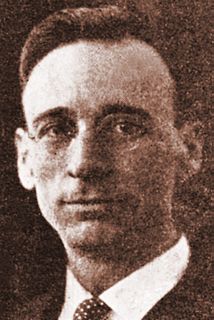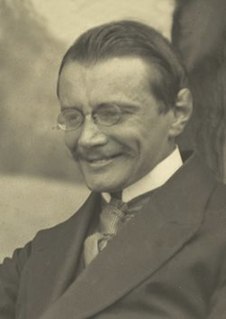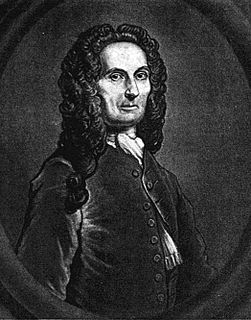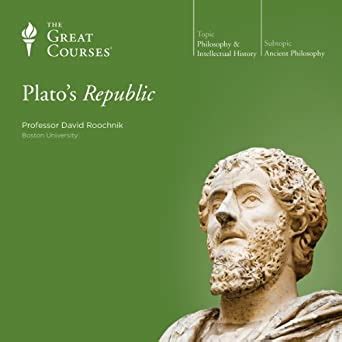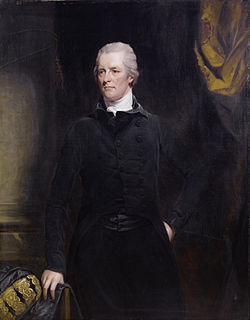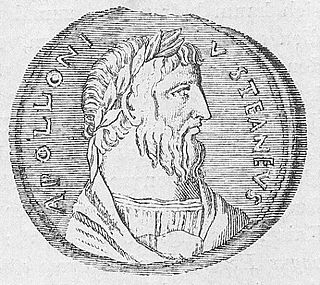A Quote by James Surowiecki
The profit motive, indecorous though it may seem, may represent the best chance the poor have to reap some of globalization's benefits.
Related Quotes
Our gifts seem so small in comparison to God’s. But our efforts count, even though like Simeon we only stretch out our arms in the patience of faith so that we may receive the Holy Gift. Even though we only wait, poor and yearning in the darkness, in fervent longing for the proclamation, we are ready, and may help bring about the fullness of time.
You will have significant experiences. I hope that you will write them down and keep record of them, that you will read them from time to time and refresh your memory of those meaningful and significant things. Some may be funny. Some may be significant only to you. Some of them may be sacred and quietly beautiful. Some may build one upon another until they represent a lifetime of special experiences.
Further, the same Arguments which explode the Notion of Luck, may, on the other side, be useful in some Cases to establish a due comparison between Chance and Design: We may imagine Chance and Design to be, as it were, in Competition with each other, for the production of some sorts of Events, and may calculate what Probability there is, that those Events should be rather be owing to the one than to the other.
In the world of development, if one mixes the poor and the nonpoor in a program, the nonpoor will always drive out the poor, and the less poor will drive out the more poor, unless protective measures are instituted right at the beginning. In such cases, the nonpoor reap the benefits of all that is done in the name of the poor.
You see how many are the benefits of baptism, and some think its heavenly grace consists only in the remission of sins, but we have enumerated ten honors [it bestows]! For this reason we baptize even infants, though they are not defiled by [personal] sins, so that there may be given to them holiness, righteousness, adoption, inheritance, brotherhood with Christ, and that they may be his [Christ's] members


